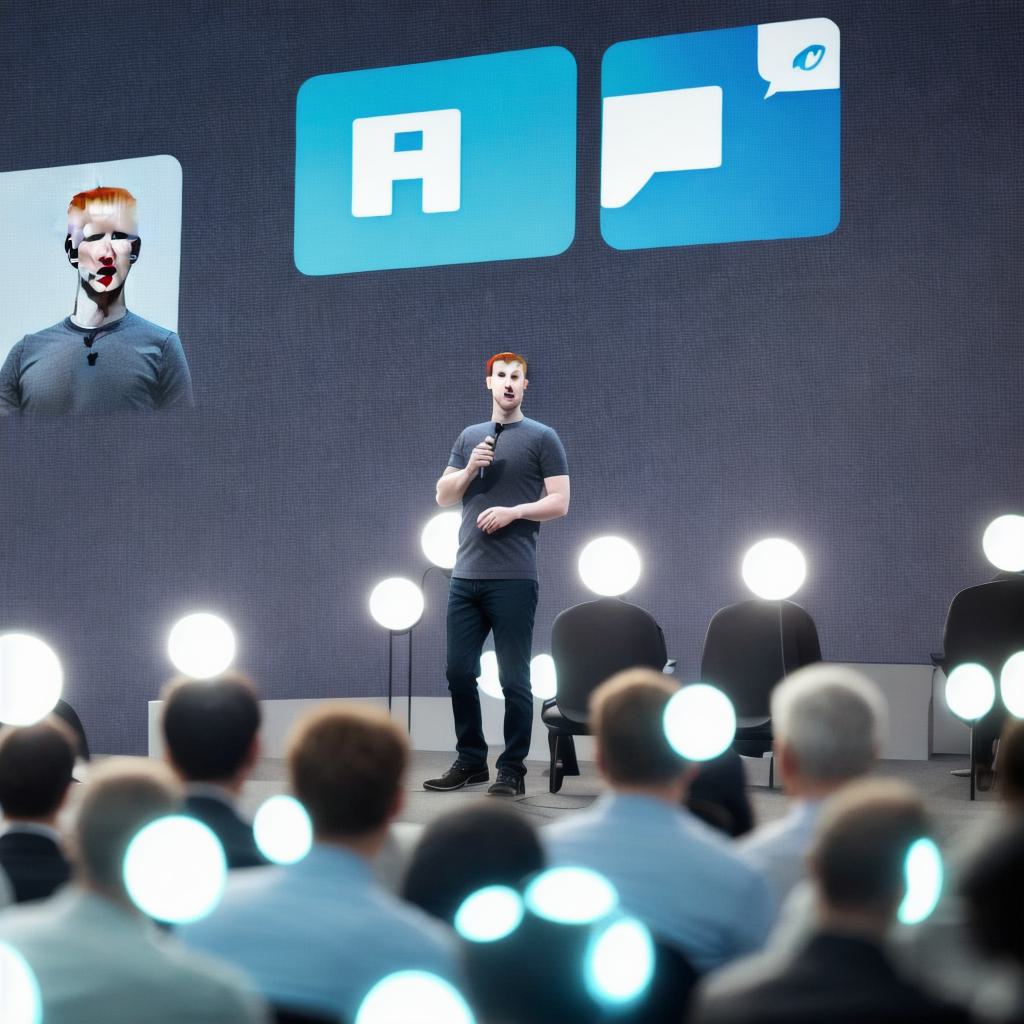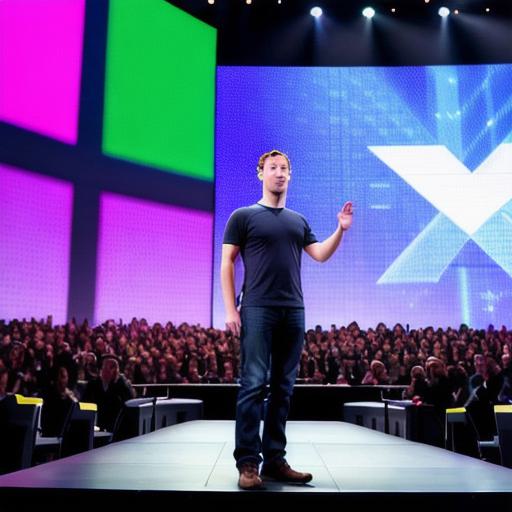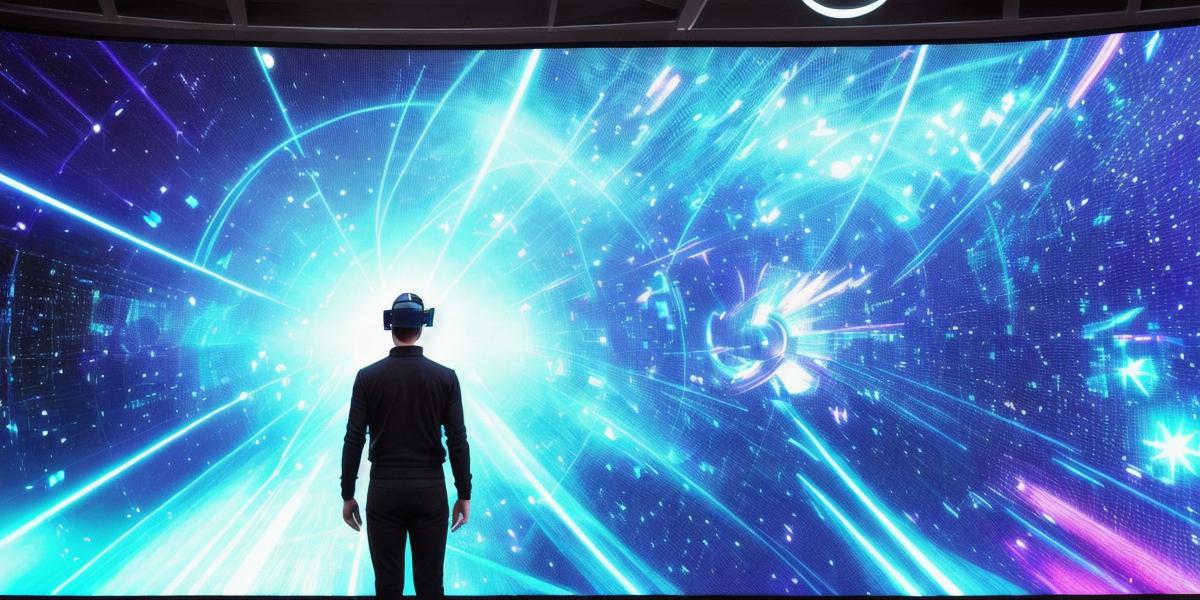The metaverse is a virtual reality space where users can interact with a computer-generated environment and other users. But have you ever wondered why Mark Zuckerberg, the founder of Facebook, decided to invest significantly in creating this technology? Let’s explore the purpose behind his ambitious project.
Why Did Mark Zuckerberg Create the Metaverse?
Mark Zuckerberg announced in October 2021 that Facebook would be rebranding as Meta Platforms Inc., signaling a major shift towards the metaverse.
But why this move?
Here are some reasons:
* **Virtual Communication and Collaboration:**
The COVID-19 pandemic accelerated the need for virtual communication tools, and the metaverse offers an immersive experience that goes beyond video conferencing or chat applications. Users can meet in a virtual space, interact as if they were in the same room, and collaborate on projects in real time.

* **Entertainment:** Virtual reality has long been associated with gaming, and the metaverse provides an opportunity to take this industry to the next level. In a virtual world, users can attend concerts, sports events, or even create their own games, offering endless possibilities for entertainment.
* **Education:**
The metaverse also holds great potential in the field of education. Students could attend classes in a virtual environment that simulates real-world experiences, making learning more engaging and interactive.
* **Work:**
In the future, employees might work from the metaverse, allowing them to collaborate with colleagues in a virtual office space, attend meetings, or even conduct client consultations, all within a 3D virtual environment.

**Examples of Metaverse Applications**
*
**Horizon Worlds:**
Facebook’s first metaverse experience, Horizon Worlds, is a social platform where users can create their own avatars and explore various worlds filled with activities and other users.
* **Decentraland:**
Decentraland is a virtual reality platform where users can buy, sell, and develop real estate and applications on the blockchain. Users can attend events, play games, or even build their businesses in this metaverse.
**Summary: The Future of Interconnectedness**
In conclusion, Mark Zuckerberg’s vision for the metaverse encompasses a future where virtual communication, entertainment, education, and work are intertwined, creating an immersive experience that transcends physical boundaries. While there are challenges to overcome, such as privacy concerns and technical limitations, the potential benefits of this technology make it an exciting prospect for the future.
As we continue to explore the vast possibilities of the metaverse, remember that it is not just a virtual world; it’s a new dimension in technology that has the power to bring people closer together.
